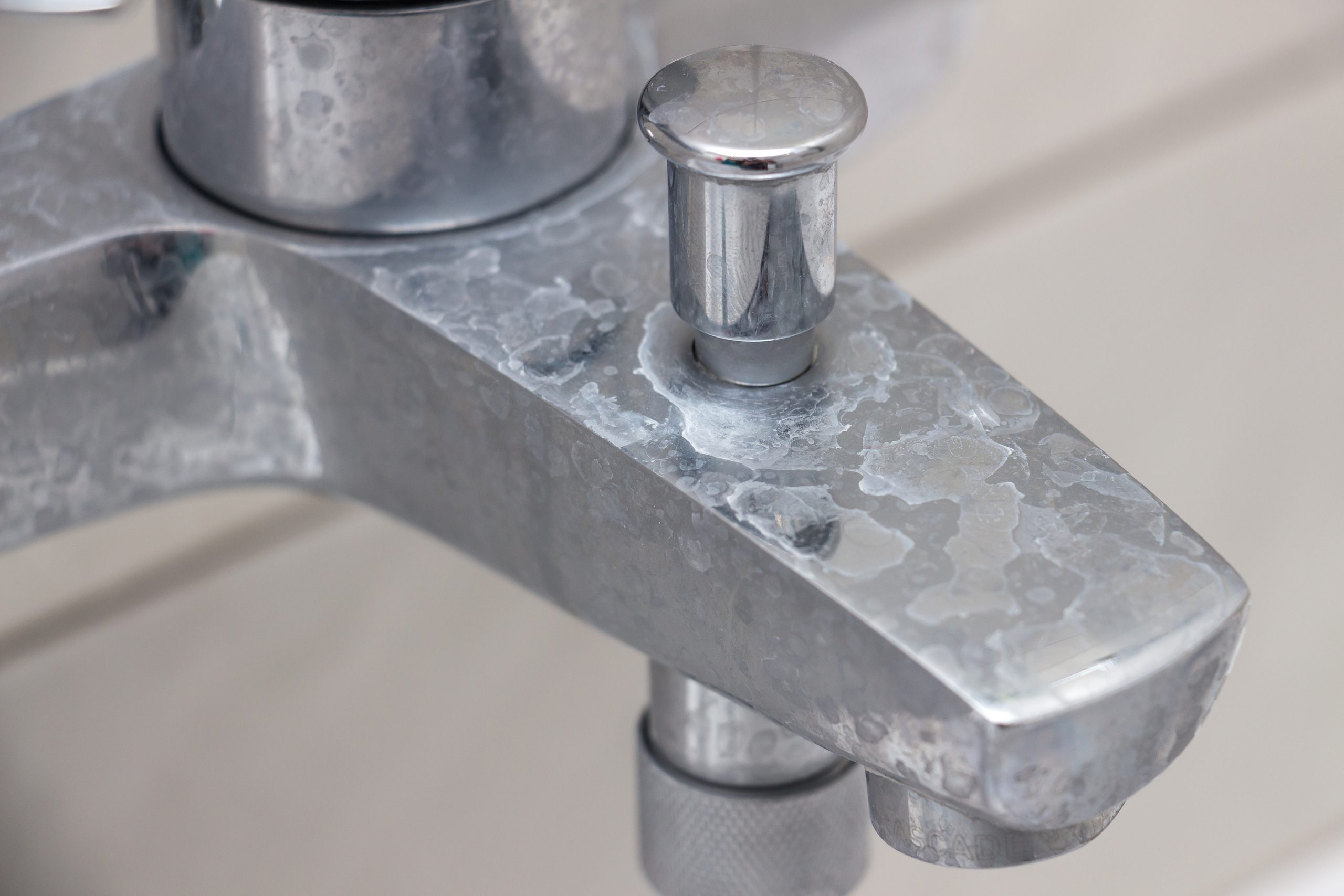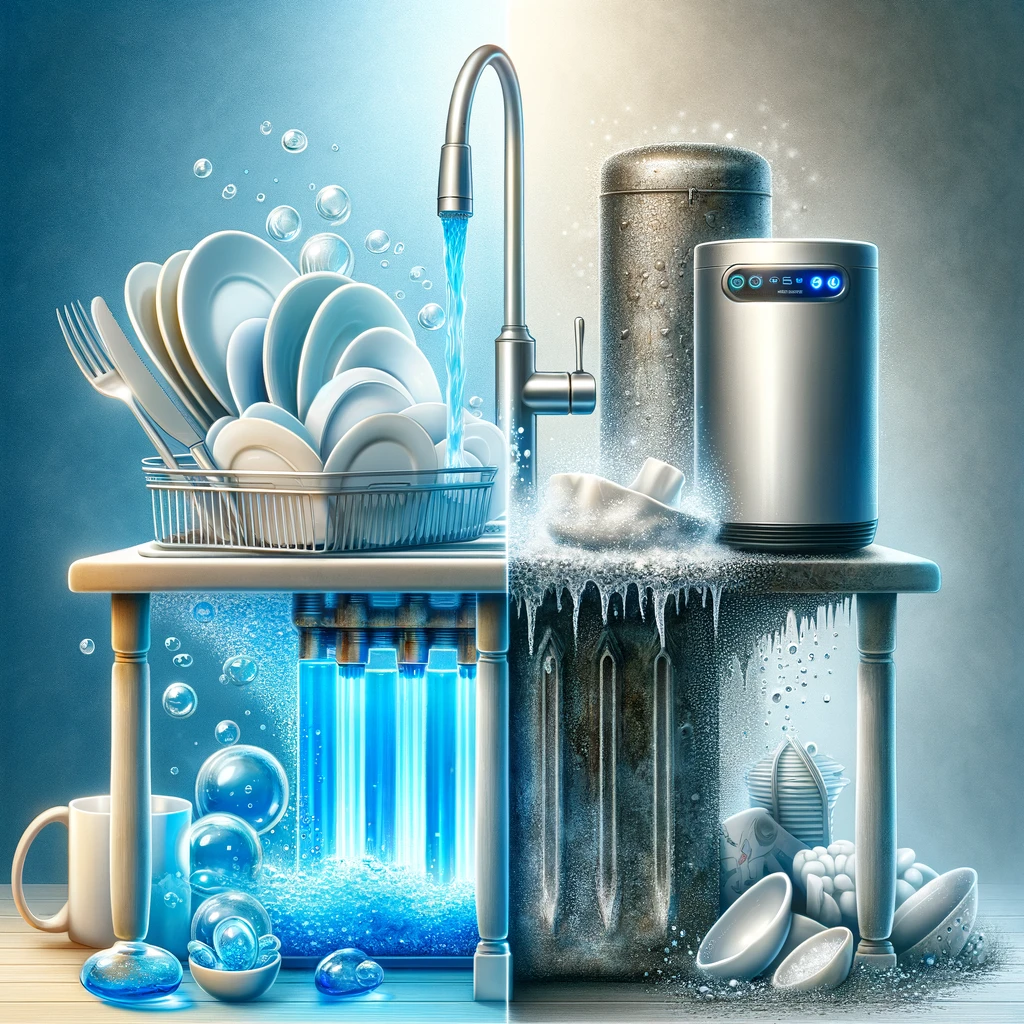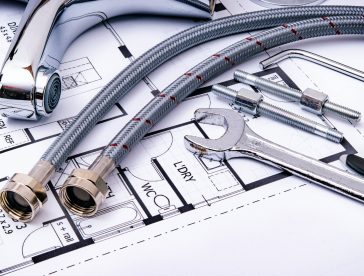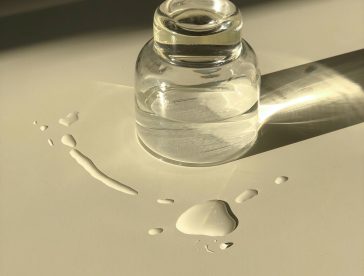
How to Prevent Calcium Buildup In Your Water Heater
Hard water. No, not ice, though that would be a good answer to a riddle.
We’re talking about the kind of water that comes out of your tap and leaves a stubborn white residue on your dishes or a filmy feeling on your skin after showering. This “hard water” is characterized by a high concentration of dissolved minerals, primarily calcium and magnesium.
Knowing how to prevent calcium buildup in water heaters is crucial for dealing with this type of water, as it can significantly impact your home’s plumbing system and the efficiency of your appliances. While generally safe to drink, it can wreak havoc on your home’s plumbing and appliances, especially your water heater. This buildup can significantly impact your water heater’s efficiency, leading to longer heating times, reduced hot water volume, and, ultimately, higher energy bills. In extreme cases, it can even damage the water heater itself, requiring costly repairs or replacement.
Fortunately, there are several steps you can take to prevent calcium buildup. By taking proactive measures, you can ensure your water heater operates efficiently and provides you with hot water for years to come.
This guide will explore various strategies and explain how to prevent calcium buildup in water heaters, saving you money and extending the lifespan of your water heater.
Understanding the Problem
Hard water, though it sounds like a paradox, is simply water with a high concentration of dissolved minerals, primarily calcium and magnesium.
These minerals are picked up as water flows through rocks and soil containing minerals like limestone, chalk, and gypsum. While safe to drink, hard water’s high mineral content contributes significantly to calcium buildup in water heaters.
This buildup occurs because as hard water heats up inside the water heater tank, the solubility of calcium and magnesium decreases. This means the water can no longer hold as much of these minerals, causing them to precipitate out of solution and solidify as scale, commonly referred to as calcium buildup.
The presence of calcium buildup in water heaters can manifest in several ways:
- Reduced hot water volume: As the buildup accumulates, it takes up space in the tank, leading to less hot water available.
- Longer heating time: The scale insulates the water, making it take longer for the water heater to reach the desired temperature.
- Increased energy bills: Due to the longer heating times and reduced efficiency, your water heater will have to work harder to maintain hot water, resulting in higher energy consumption and costs.
How To Know If You Have Hard Water
There are several ways to identify if you have hard water in your home:
1. Signs and Symptoms:
- Soap scum: Hard water reacts with soap to form a filmy residue on your skin, shower doors, and bathtubs after washing. This is often the most noticeable and immediate indicator.
- Water spots: Mineral deposits from hard water can leave white spots on dishes, glasses, and silverware after they come out of the dishwasher.
- Reduced lather: When washing your hands or using soap for other purposes, you may find it difficult to create a rich lather, especially in areas with very hard water.
- Stiff laundry: Hard water can leave clothes feeling stiff and rough after washing, despite using fabric softeners.
- Clogged appliances: Mineral buildup from hard water can accumulate in pipes and appliances over time, potentially leading to clogs and reduced efficiency, especially in dishwashers and washing machines.
- Reduced water pressure: In extreme cases, long-term exposure to hard water can lead to mineral buildup impacting water flow and reducing pressure throughout your home.
2. Water test:
The most accurate way to determine water hardness is through a water test. You can:
- Contact your local water supplier. Many municipalities routinely test their water and inform residents about water hardness.
- Use a home test kit: These kits are readily available at hardware stores and online. They are relatively inexpensive and easy to use, providing a quick and convenient way to measure the hardness of your water.
- Hire a professional: A plumber or water treatment specialist can perform a professional water test and provide a detailed analysis of your water’s hardness and mineral content.
By identifying whether you have hard water, you can then take the appropriate steps to address the issue and implement preventative measures.
Preventative Measures
Lowering Water Heater Temperature
Hot water acts like a magnet for calcium, accelerating its precipitation and subsequent buildup. By lowering the temperature setting on your water heater to 120°F or below, you can significantly reduce the rate of calcium buildup.
This simple adjustment not only helps prevent scale formation but also offers additional benefits:
- Lower energy bills: A lower temperature setting means your water heater doesn’t have to work as hard to maintain hot water, translating to reduced energy consumption and lower utility costs.
- Reduced scald risk: This temperature setting still provides comfortably hot water for most household needs while minimizing the risk of accidental scalding, especially beneficial for families with young children or elderly individuals.
Regular Flushing:
Regularly flushing your water heater is a crucial preventative measure. This process involves draining the tank to remove sediment and accumulated buildup at the bottom. The frequency of flushing depends on your water hardness:
For moderately hard water: Flushing annually is generally sufficient.
For very hard water: Flushing every 6 months is recommended.
Water Softener:
For a more comprehensive solution, consider installing a water softener. These systems employ a process called ion exchange to remove calcium and magnesium ions from the water before it enters your home’s plumbing and reaches your water heater.
This proactive approach effectively prevents calcium buildup not only in your water heater but also protects other appliances that use water, like dishwashers and washing machines, from the damaging effects of hard water.
Choosing a water softener requires considering factors like:
- Capacity: This determines how much hard water the softener can treat before needing regeneration. Choose a capacity based on your water hardness and household water usage.
- Size: Ensure the softener has adequate space for installation in your designated location.
Remember, consulting a qualified plumber can help guide you in choosing the right water softener for your specific needs and water conditions.
By taking action on how to prevent calcium buildup in water heaters, you can ensure your water heater operates efficiently, save money on energy bills, and extend its lifespan. If you’re unsure about the best approach for your specific needs, contact Landa Plumbing.
Our experienced professionals can diagnose any existing issues and recommend the most effective preventative measures to keep your water heater functioning optimally. Don’t wait – protect your investment and call Landa Plumbing today!



